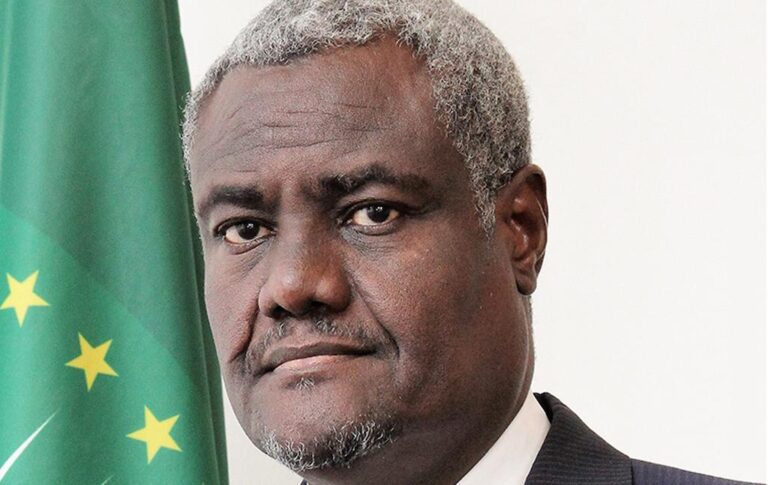My-ACE China, an entrepreneurial expert and real estate innovator popularly known as the Mayor of Housing, has called on the African Union (AU) to establish clear frameworks and tools for identifying and supporting authentic entrepreneurs and high-performing brands across Africa.
According to him, such initiatives would spur continental innovation, generate employment, and elevate Africa’s global competitiveness by challenging entrepreneurs to deliver value beyond local boundaries.
Call for Action: AU Must Recognize True Performers
Speaking during a recognition event where prominent African figures such as Aliko Dangote and Seyi Tinubu were also honored, China—who was named among Africa’s 100 most influential brand personalities—criticized the lack of structured efforts by regional bodies like the AU to spotlight and support emerging business leaders.
“The AU needs to develop templates to discover the real drivers of Africa’s growth—the genuine entrepreneurs and brands making a difference,” he stated.
Recognition Sparks Responsibility
Reflecting on his recognition at the continental level, China shared his mixed emotions:
“I’ve always been doing my thing in Port Harcourt, feeling like a local player. To be discovered on a continental scale is both a reward and a challenge. Now, I must not only maintain but also elevate my contribution to a global standard.”
He emphasized the transition his brand is undergoing—from perception to tangible experience—with the development of Alesa Highlands Sustainable Green Smart City slated for construction this year:
“We want our brand experience to speak louder than our brand perception.”
Declaring a State of Emergency in Africa’s Housing Sector
China didn’t stop at entrepreneurship. He passionately advocated for a state of emergency in Africa’s housing sector, citing a staggering 42 million housing deficit, the bulk of which is in Nigeria.
“Housing has reached crisis levels in Africa. A state of emergency is long overdue.”
He identified the abandonment of indigenous building methods in favor of expensive, imported materials as a major cause of the housing crisis.
“In the past, no African village had homeless people because we used local building techniques. But the shift to monetized, imported materials has created widespread homelessness.”
Sustainable Solutions Through Collaboration
China highlighted his commitment to closing the housing gap through simple, sustainable solutions and strategic partnerships. His work aims to reduce the housing deficit by promoting smarter, more affordable, and eco-friendly construction alternatives.
“We’re focused on collaborative approaches to create housing solutions that are both practical and sustainable—not just for Nigeria, but for Africa as a whole.”

